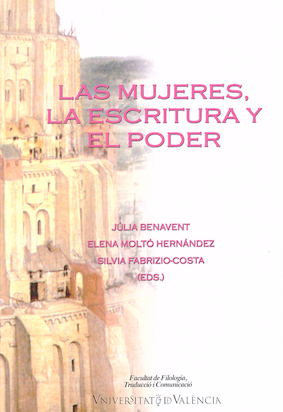Il potere come intercessione: i tentativi di tre donne nel processo per eresia a Fanino Fanini
DOI:
https://doi.org/10.7203/qf-elit.v17i0.3491Keywords:
women, public intervention, documents, Inquisition Abstract
Abstract
Fanino Fanini, baker in Faenza in the first half of the 16th Century, was one of the famous victims of Roman Inquisition; his story marks a crucial date for the diffusion of the Reformation in the Romagna Estense. Arrested in February 1549, he was processed for heresy and condemned to death. The sentence was executed eighteen months later, in August 1550. During this interval, Renée of France, Olympia Morata and Lavinia della Rovere repeatedly interceded in order to obtain pardon for him. Giunia Totaro, El poder como intercesión: La intervención de tres mujeres en el proceso por herejía a Fanino Fanini. This paper goes back over the events, paying particular attention to the historical and political circumstances of the Fanini case, to the mediating role of women and to their methods of intervention, evidence of which is contained in letters and archival documents.
 Downloads
Downloads
Downloads
How to Cite
-
Abstract222
-
PDF (Español)387
Issue
Section
License
 Este obra está bajo una licencia de Creative Commons Reconocimiento-NoComercial-SinObraDerivada 4.0 Internacional.
Este obra está bajo una licencia de Creative Commons Reconocimiento-NoComercial-SinObraDerivada 4.0 Internacional.
Authors who publish with this journal agree to the following terms:
- Authors retain copyright and grant the journal right of first publication with the work simultaneously licensed under a Creative Commons Attribution License that allows others to share the work with an acknowledgement of the work's authorship and initial publication in this journal.
- Authors are able to enter into separate, additional contractual arrangements for the non-exclusive distribution of the journal's published version of the work (e.g., post it to an institutional repository or publish it in a book), with an acknowledgement of its initial publication in this journal.
- Authors are permitted and encouraged to post their work online (e.g., in institutional repositories or on their website) prior to and during the submission process, as it can lead to productive exchanges, as well as earlier and greater citation of published work (See The Effect of Open Access).




